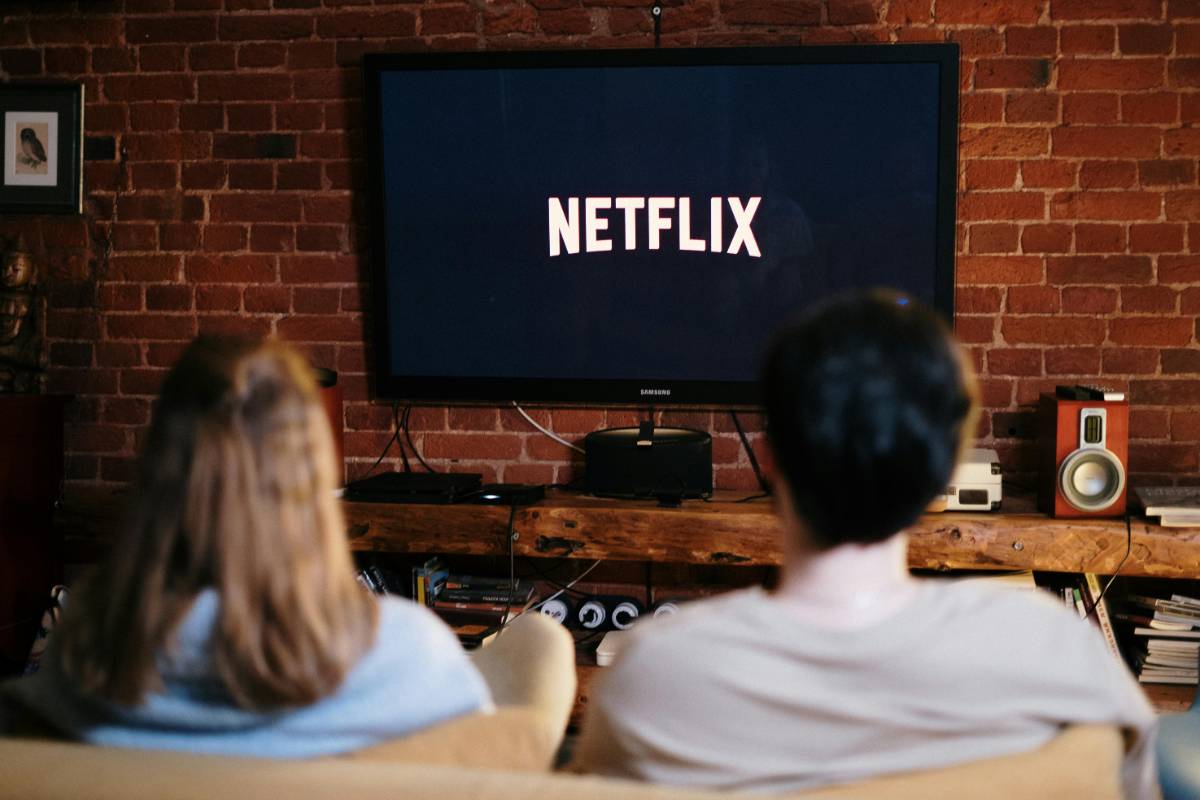Hollywood's Love for the Anti-Hero: Why Flawed Characters Are So Popular
11 Oct 2025
Read Time: 8 min read

For years, Hollywood has been fascinated with the anti-hero—a character who is often flawed, morally ambiguous, and far from perfect. These characters stand in contrast to the traditional "hero," who is typically virtuous, selfless, and just. Anti-heroes challenge our understanding of morality and invite audiences to question the line between right and wrong. In this article, we will explore why flawed characters have become such a staple in Hollywood and why they continue to captivate audiences.
 The Rise of the Anti-Hero
The Rise of the Anti-HeroThe term "anti-hero" has been around for centuries, with classic literary examples such as Hamlet and Don Quixote. However, the concept of the anti-hero has become more prevalent in modern Hollywood films, especially in the past few decades. This shift reflects a change in how audiences view morality and character development. While heroes were once seen as paragons of virtue, the complexity of modern storytelling has allowed for characters who are deeply flawed but still relatable.
In the past, Hollywood heroes like John Wayne or Gary Cooper were embodiments of stoic masculinity, integrity, and righteousness. But as films began to explore more nuanced themes, audiences began to see the appeal of characters who weren’t just good or bad, but somewhere in between. These characters reflect the complexities of real life, where people are often faced with tough moral choices and imperfect circumstances.
The Appeal of Moral AmbiguityOne of the reasons why anti-heroes have become so popular is because they offer moral ambiguity—a key element that keeps audiences on the edge of their seats. In a world where the lines between good and evil are not always clear, anti-heroes provide a more complex and relatable alternative to the traditional hero. They allow viewers to see that moral decisions aren’t always black and white, and sometimes, doing the wrong thing for the right reasons can be just as compelling as doing the right thing for the right reasons.
Take, for example, characters like Tony Soprano from "The Sopranos" or Walter White from "Breaking Bad." These characters are involved in illegal or morally questionable activities, but their motivations and personal struggles create empathy for them. Audiences can relate to their internal battles, even if they don’t condone their actions. This kind of complexity makes anti-heroes intriguing, as it challenges the conventional notion of good versus evil.

In Hollywood, some of the most iconic characters of the past few decades have been anti-heroes. Films like "The Dark Knight" introduced characters such as Batman and the Joker, who both embody different aspects of the anti-hero persona. Batman, while fighting crime, is often seen as a vigilante outside the law, and his violent methods raise ethical questions about justice. The Joker, on the other hand, is a chaotic force, indifferent to morality altogether, making him one of the most compelling anti-heroes of the 21st century.
Other examples of anti-heroes in film include characters like Michael Corleone from "The Godfather," who takes drastic steps to protect his family but is also responsible for a great deal of violence and destruction. Another example is the character of Deadpool, who is both a mercenary and a comedic hero with no real sense of moral high ground. These characters complicate the traditional hero narrative and allow audiences to engage with them on a deeper level, challenging their perceptions of justice, loyalty, and morality.
The anti-hero’s popularity also extends to films based on anti-heroes from comic books, such as "Logan" or "Venom." These films explore the darker, more flawed sides of these characters, providing a deeper exploration of their internal struggles and motivations. Anti-heroes often operate outside the conventional moral framework, which can make them feel more real and relatable to modern audiences who increasingly question traditional authority figures and moral codes.
💡 Discover More from Hollywood
A key factor in the success of anti-heroes is the depth of their character development. Unlike traditional heroes who are often straightforward in their motivations and actions, anti-heroes are complex individuals with contradictory qualities. They might be selfish yet deeply protective of their loved ones, or they may commit violent acts in the name of a greater good. These internal contradictions make them interesting and unpredictable, and they often lead to character arcs that evolve over time.
In many cases, the anti-hero’s journey involves self-discovery and redemption, as they grapple with their flaws and make difficult decisions. This complexity offers audiences a chance to see their own struggles reflected on screen, and it allows for richer storytelling. These characters often find themselves in morally gray areas, where they must choose between loyalty to themselves or to others, their own survival or the well-being of their community. These dilemmas force viewers to examine their own beliefs and question whether they would act in the same way.
The Anti-Hero as a Reflection of SocietyThe rise of the anti-hero in Hollywood also reflects changes in society and the way we view authority, morality, and human nature. As audiences grow more skeptical of traditional institutions, including government, law enforcement, and corporate structures, the appeal of characters who operate outside these systems becomes more pronounced. Anti-heroes often take justice into their own hands, rejecting the established order in favor of their own code of ethics.
This shift in storytelling also reflects broader societal concerns, such as the erosion of trust in authority and the increasing complexity of social and political issues. In an era where the lines between good and bad are often blurred, the anti-hero embodies the struggles of living in a world full of contradictions. Whether they’re fighting for personal gain or to right a perceived wrong, these characters offer a sense of agency and autonomy in a world that feels increasingly uncertain.
Why We Love Anti-HeroesUltimately, the appeal of anti-heroes lies in their complexity and relatability. These characters mirror the imperfections that we see in ourselves and others. They challenge us to think critically about morality, choice, and consequence. While they may not always make the right decisions, their internal conflicts, motivations, and flaws make them fascinating to watch. They embody the idea that no one is perfect and that even those with the best intentions can make mistakes.
In many ways, the anti-hero represents a break from the traditional hero archetype, offering a more nuanced and realistic depiction of what it means to be human. Whether it’s Batman’s brooding determination, Tony Soprano’s internal struggle with his role in the mafia, or Walter White’s descent into criminality, these characters remind us that there’s often more to a person than meets the eye—and that sometimes, the most compelling stories come from the darkest corners of the human experience.
ConclusionThe popularity of the anti-hero is not just a passing trend in Hollywood but a reflection of our evolving understanding of morality, character, and storytelling. As audiences continue to seek more complex narratives and characters that challenge traditional norms, the anti-hero will remain a central figure in modern filmmaking. These flawed characters resonate with us because they are real, they are human, and they make us question the very nature of good and evil. In a world that often feels chaotic and uncertain, the anti-hero provides a fascinating lens through which we can explore the complexities of the human condition.
Stay Informed
Get the latest and most accurate news delivered straight to your inbox. Subscribe now and never miss an update.

Rahul Sharma
An insightful voice in the industry, crafting content that informs, inspires, and connects with readers.
View all articles →Continue Reading

Travel
How to Make the Most of Business Class Benefits on Your Next Corporate Flight
By David Thompson
02 Oct 2025

Travel
How to Make the Most of Your Corporate Travel Perks – Expert Tips Inside!
By James Carter
31 Aug 2025

Travel
Exploring Indigenous Cultures: Destinations and Responsible Tourism Tips
By Rahul Sharma
20 Sep 2025

Travel
Why Your Corporate Travel Policy May Be Costing You More Than You Think
By David Thompson
18 Sep 2025

Travel
How to Make the Most of Your Airline Miles – Tips from Travel Experts
By Olivia Mitchell
23 Sep 2025












